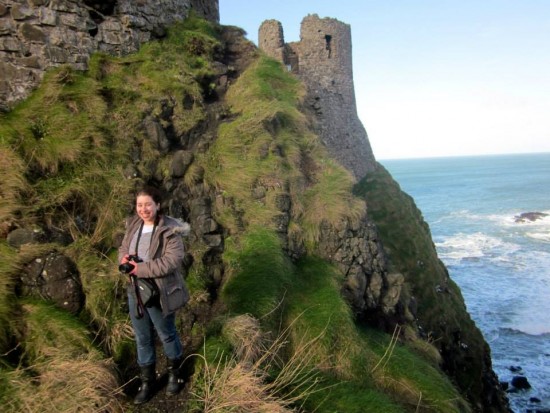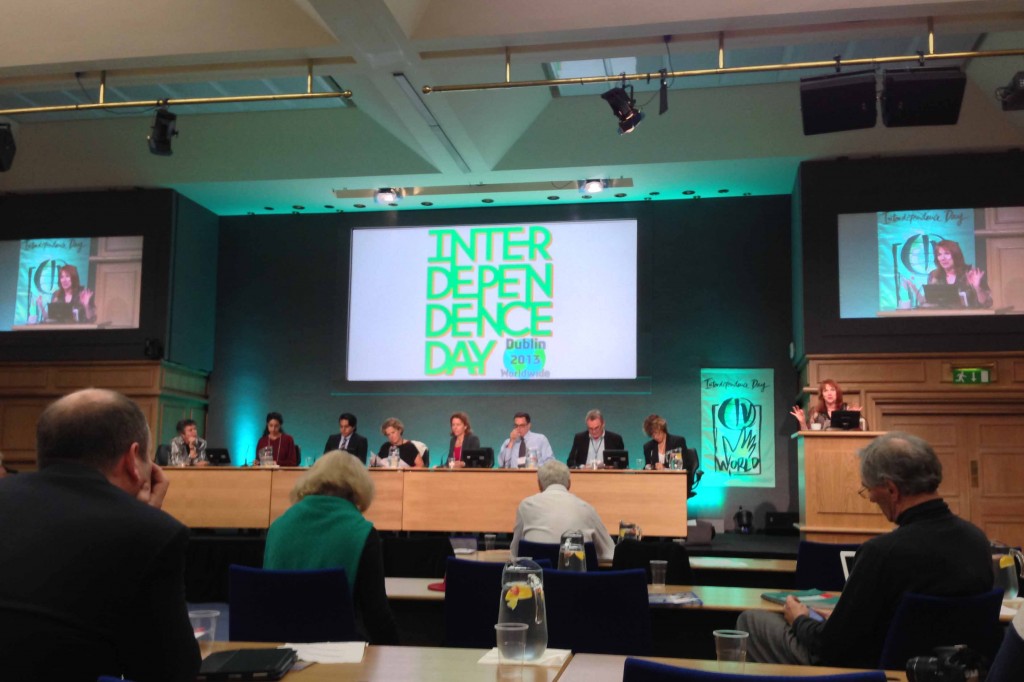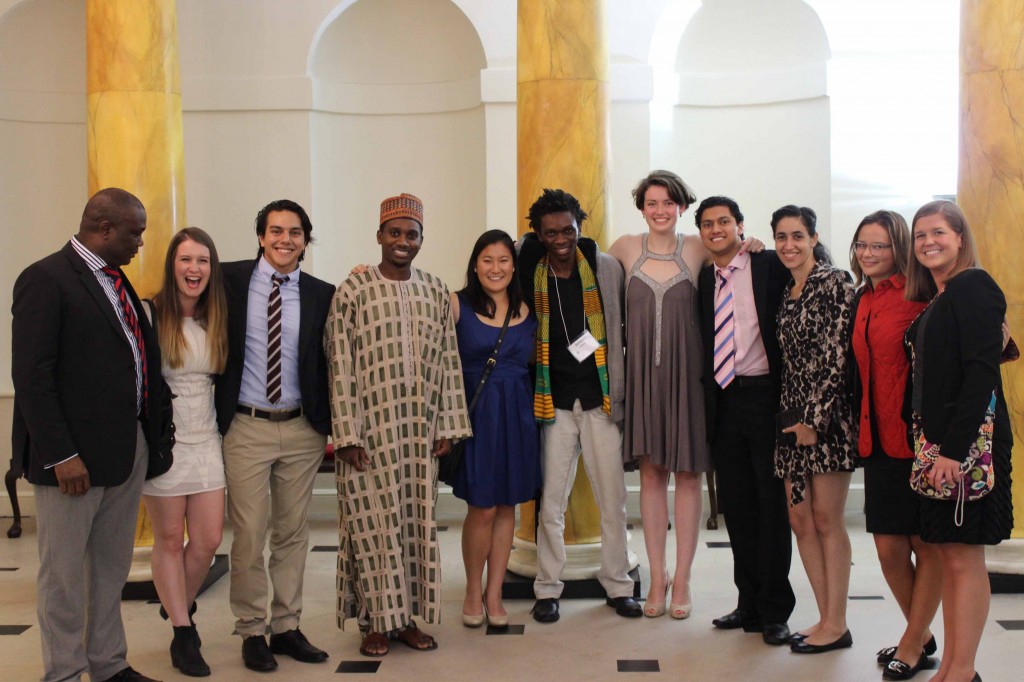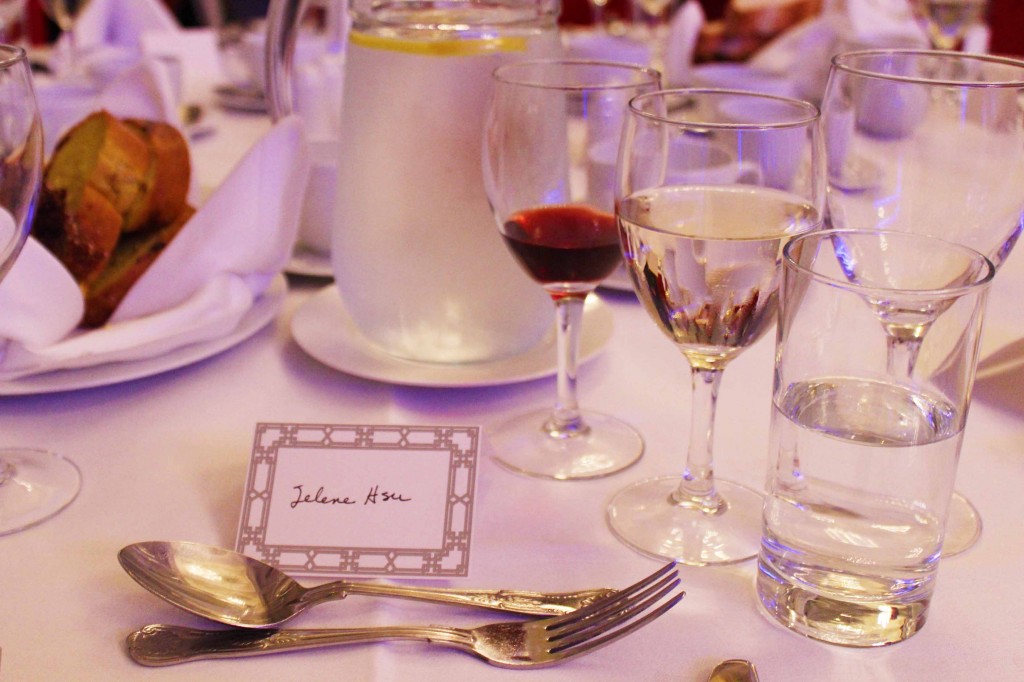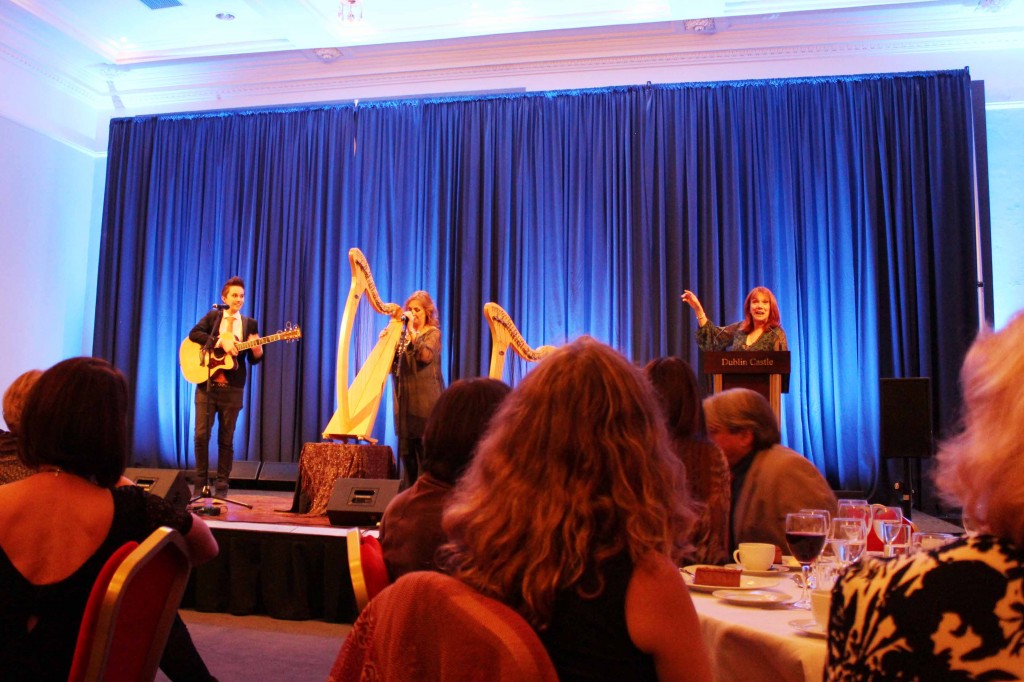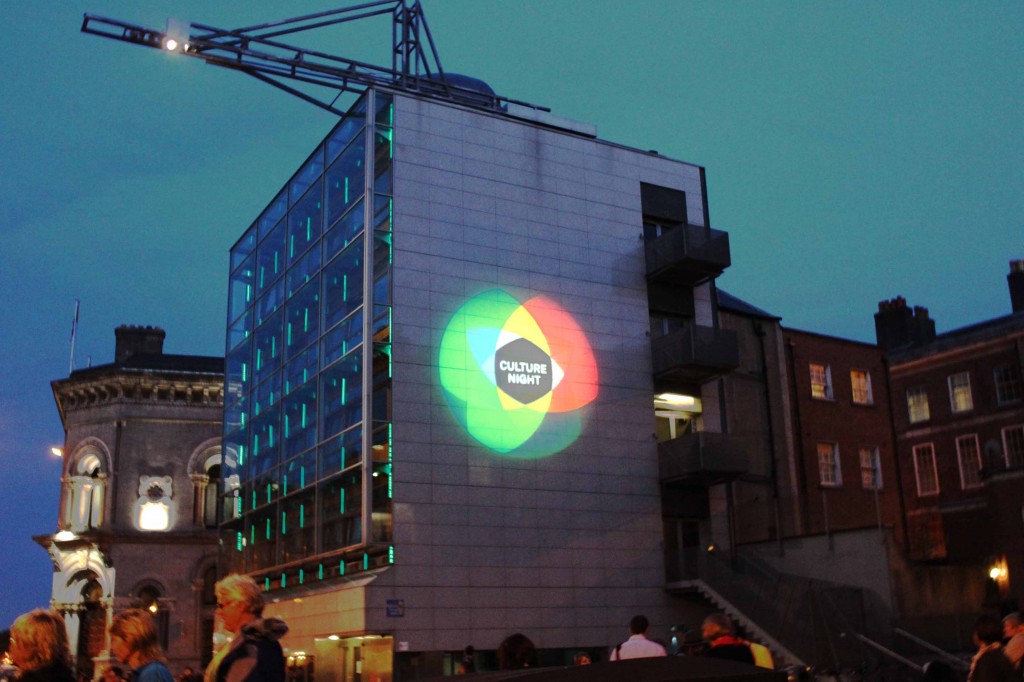Hello Scripps! I apologize for my hiatus this week. As I’ll discuss further in my post, many schools do not follow our standard when it comes to registration, which can make things very stressful and time-consuming, hence my lack of a post.
I landed in Dublin on Friday the 15th and was greeted by a man in a green sweatshirt who ended up taking me and the thirteen other people on my program to their housing accommodations. That first day is truly a blur, as I was running on about four hours of sleep and trying to cram an obscene amount of information into my brain, all important and all regarding my stay in Ireland. One thing to take away from that was to sleep as much as you possibly can on an international flight. Even if you don’t feel tired, you will be so much better off if you’re as rested as possible.
The next few days were better; I could feel myself retaining more of the information that I was given, I was sleeping through the night, and I was adjusting to my new living space. I am living in an apartment with a roommate and two other flat-mates. My roommate and I get along so well and I’m pleased to report that I don’t think we will have any major issues. But, if we do, I feel that Scripps has prepared me well to combat those issues and discuss them in a respectful and inclusive way. This past week was orientation week, where students register for classes and clubs, entitled “Freshers Week” here in Ireland.
As I mentioned earlier, the registration process is much more traditional than what we experience at Scripps, and even though we often find our process stressful, this experience has brought a whole new level of appreciation for the way Scripps handles registration. At Scripps we can register from the comfort of our desks or beds, commiserating with friends as we do so, but here at Trinity, each class must be physically signed off on by the professor teaching the course.
 vs.
vs.  This means that much of the day is spent walking to and from buildings, hoping professor will be in their offices and that they will bestow their signature upon your registration sheet. Although it is much less convenient, it was a great way for me to get to know the campus better and to learn more about the departments I would be taking classes in.
This means that much of the day is spent walking to and from buildings, hoping professor will be in their offices and that they will bestow their signature upon your registration sheet. Although it is much less convenient, it was a great way for me to get to know the campus better and to learn more about the departments I would be taking classes in.
I know that there are many stages of the study abroad experience, and I know that I am still in the honeymoon phase. That means that there will be a point where I don’t feel as excited to be here, and I’m trying to mentally prepare myself for when that time comes. Even though that’s very hard to do, I know that I have a great support system here in Ireland, and back home, that will help me through those feelings.
While I’m enjoying getting settled in my new place and program, I know it’s important too keep moving forward on my post graduate plans and have started a pro/con list about Medical School which I’ll share in an upcoming post. 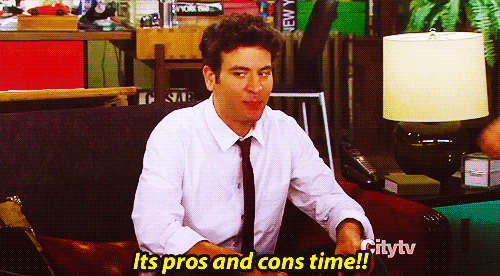
For those interested in studying abroad, either at Trinity or elsewhere, please don’t hesitate to reach out to me. I would love to talk to you about it, or put you in contact with someone else who might know more about a specific program.

